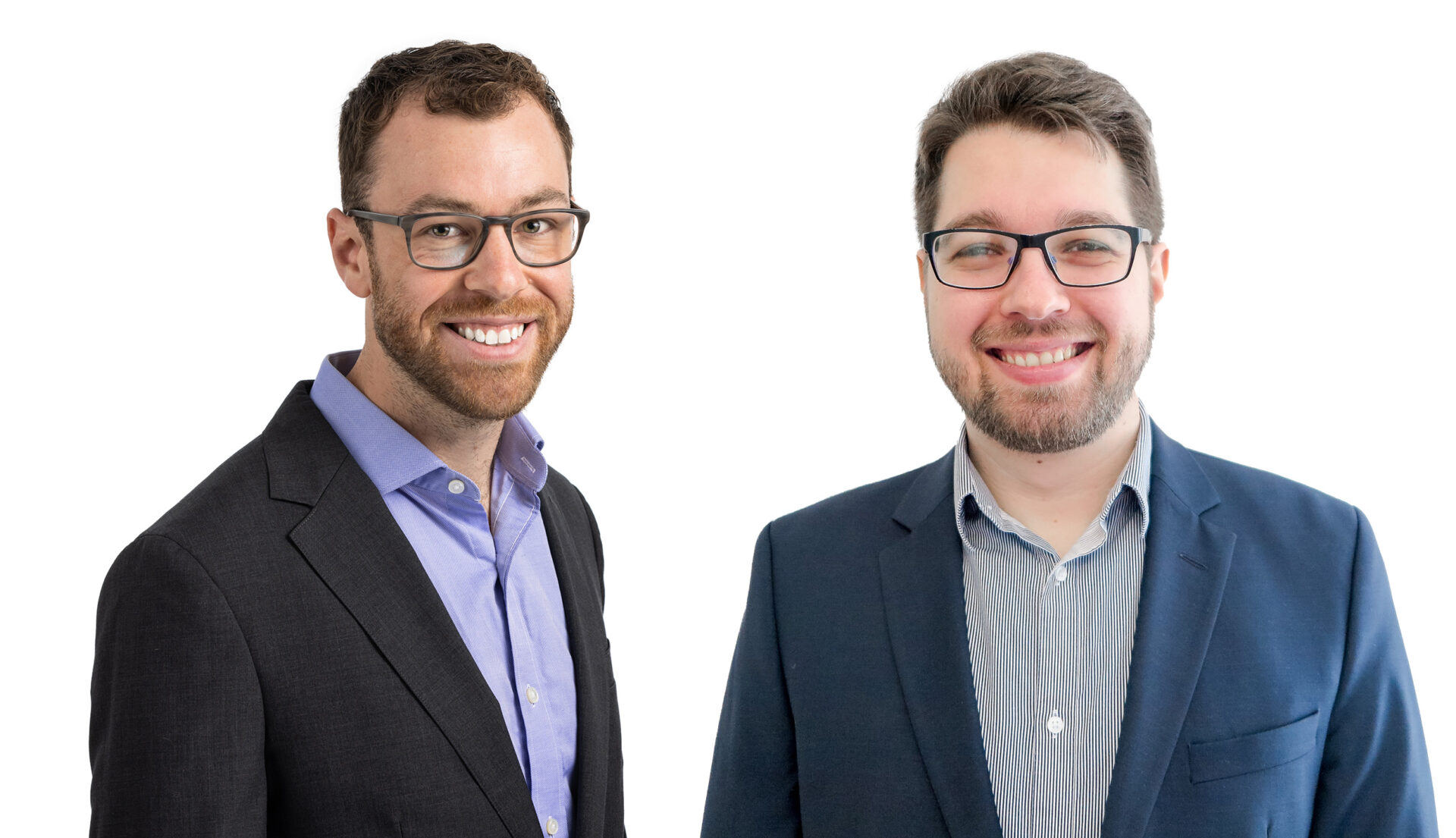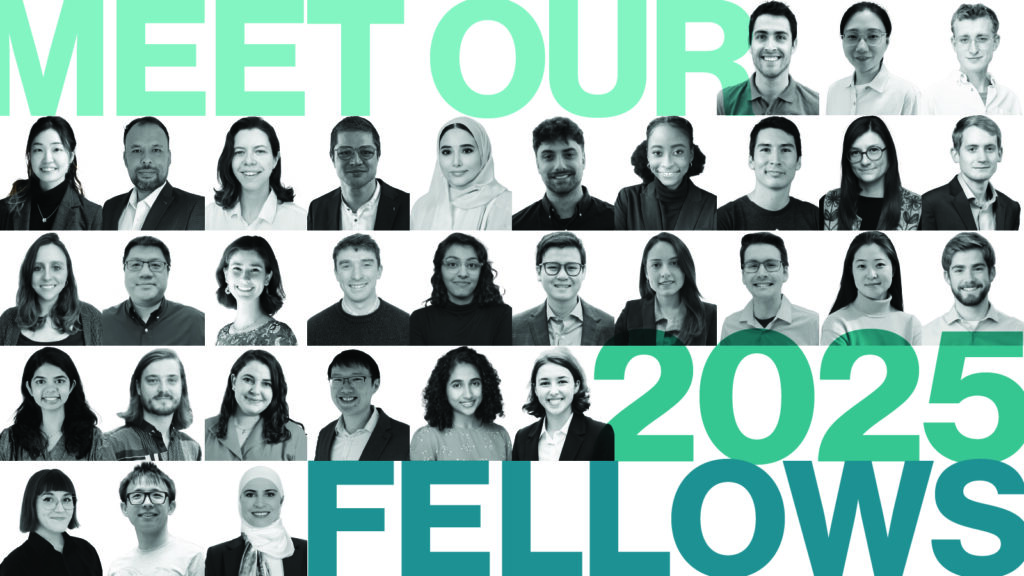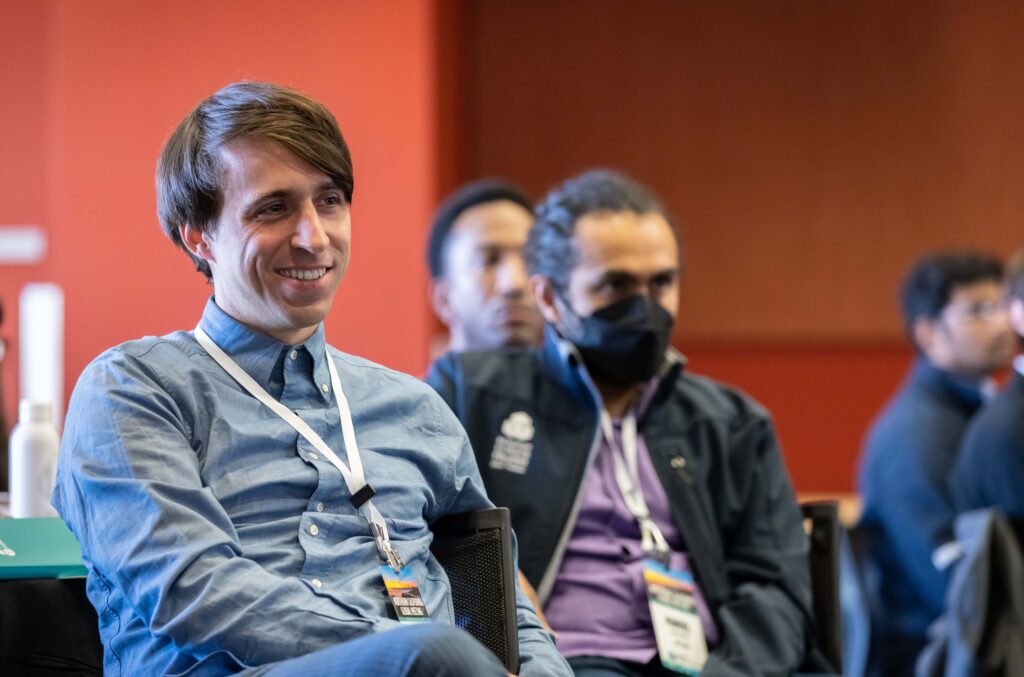Congratulations to 2021 Fellow Sebastian Musslick and 2022 Fellow Tim Sainburg who were both recently awarded the Robert J. Glushko Dissertation Prize, presented by the Cognitive Science Society and the Glushko-Samuelson Foundation.
The annual prize is awarded to five outstanding dissertations in the field of cognitive science and seeks to highlight interdisciplinary efforts in understanding natural and artificial cognition.
Sebastian’s PhD dissertation from Princeton University addressed a fundamental problem of cognitive science which is that humans are limited in how many tasks they can perform simultaneously or how intensely they can focus on a single task. For example, reading an article whilst listening to a person speak, or explaining the results of a complicated equation in a noisy environment. These limitations are a fundamental premise of general theories of cognition.
Sebastian commented: “Cognitive operations are subject to constraints and intelligent systems consider these constraints when deciding how to allocate their cognitive resources.”
Sebastian’s thesis draws on insights from psychology, neuroscience, computer science, and physics to explain why neural systems, such as the human brain, exhibit these limitations. His work suggests that limitations in human multitasking may result from a trade-off between learning efficacy and processing efficiency and that limitations in the intensity of commitment to a single task may reflect a trade-off between cognitive stability and flexibility.
Tim’s PhD dissertation from the University of California, San Diego, builds on the emerging field of computational neuroethology to further our understanding of what structure underlies the sequential organization of behavior.
Throughout his thesis, Tim drew primarily upon the complex structure of birdsong and human speech, developing methods to analyze the acoustic and temporal structure in vocal signals and then behaviorally and physiologically probing the underpinnings of sequential organization in the songbird to understand more about how we communicate with each other. Tim’s work has the potential to advance the field of computational neuroethology in several ways.
Read more about the award and both Fellows here:
https://cognitivesciencesociety.org/glushko-dissertation-prize/



